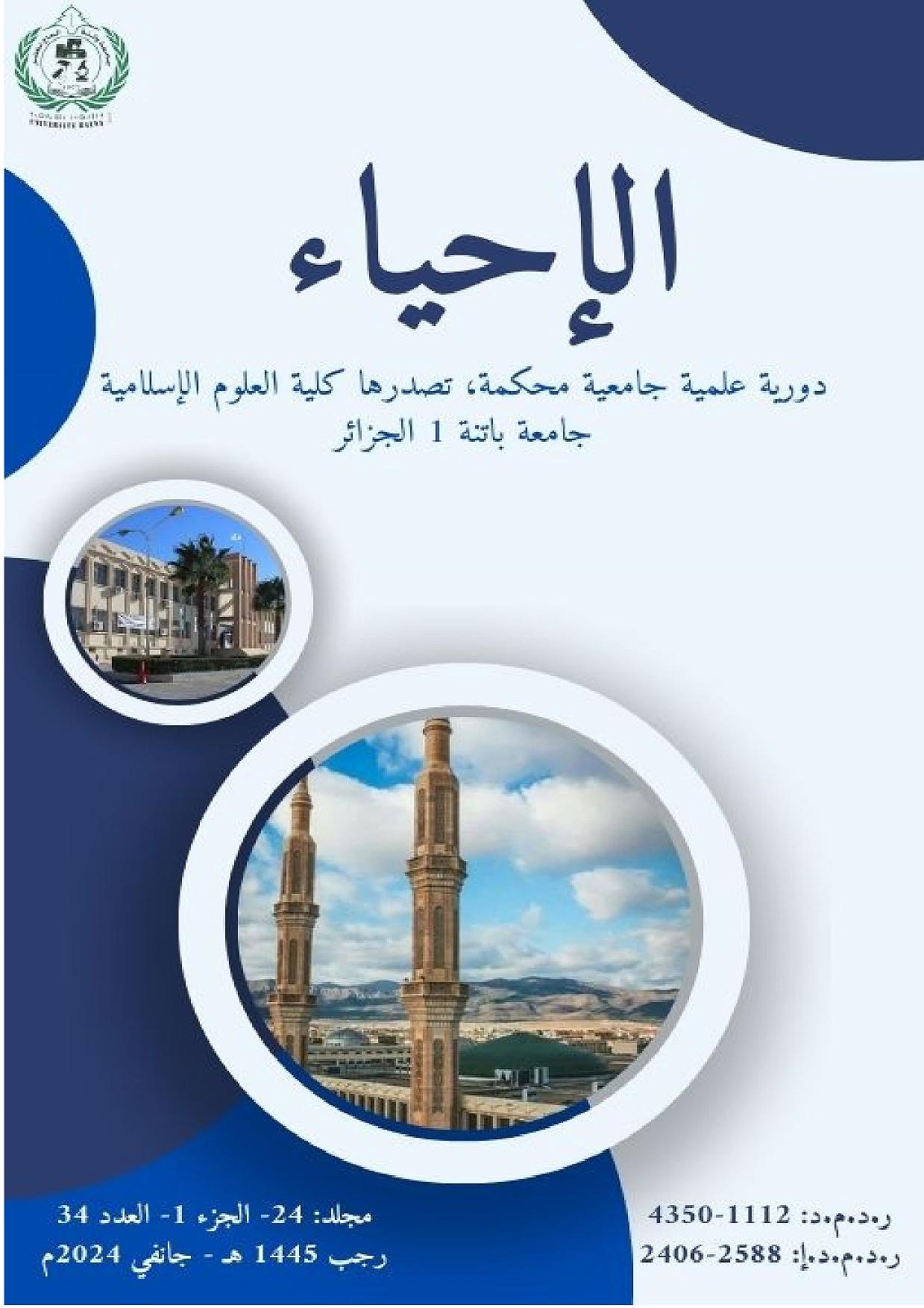الثقافة الإسلامية: المنهج والخصائص: قراءة تحليلية نقدية في فكر العلامة محمد الفاضل ابن عاشور
DOI:
https://doi.org/10.59791/ihy.v24i1.3822Keywords:
Culture, Islam, Method, Civilization, Al-Fāḍil Ibn ʿᾹshūrAbstract
This study examines the structure of Islamic knowledge and the crisis that hindered its development from the perspective of Al-Fāḍil Ibn ʿᾹshūr in his approach to the components of civilization, with a focus on the characteristics of Islamic intellectual production that contributed to the Western renaissance.
Methodology: This study adopts a analytical, historical and critical approach, highlighting the difference between the radiant history of Islamic culture and its rigid present after the loss of the constituent link of Islamic culture.
Results:
- The emphasizes that the crisis of Islamic culture lies in the apathy of the spirit of creativity, which helps to overcome the illusion of Western centralism and its claim that contemporary science is a purely Western fence.
- The awareness that knowledge in its various forms is a human legacy that was historically contributed to by various peoples, recognizing the value of acculturation, which constituted Western modernity after the fruitful meeting between the Islamic and Western cultures.
Originality: This lies in the emphasis of the critical style of the Zaytouni School through the personality of Al-Fāḍil Ibn ʿᾹshūr, who based his reformist thought on internal criticism by observing the points of stagnation in Islamic culture, and external criticism by exposing the deceptions of western cultural centralism.
Downloads
Published
How to Cite
Issue
Section
License

This work is licensed under a Creative Commons Attribution-NonCommercial-NoDerivatives 4.0 International License.






